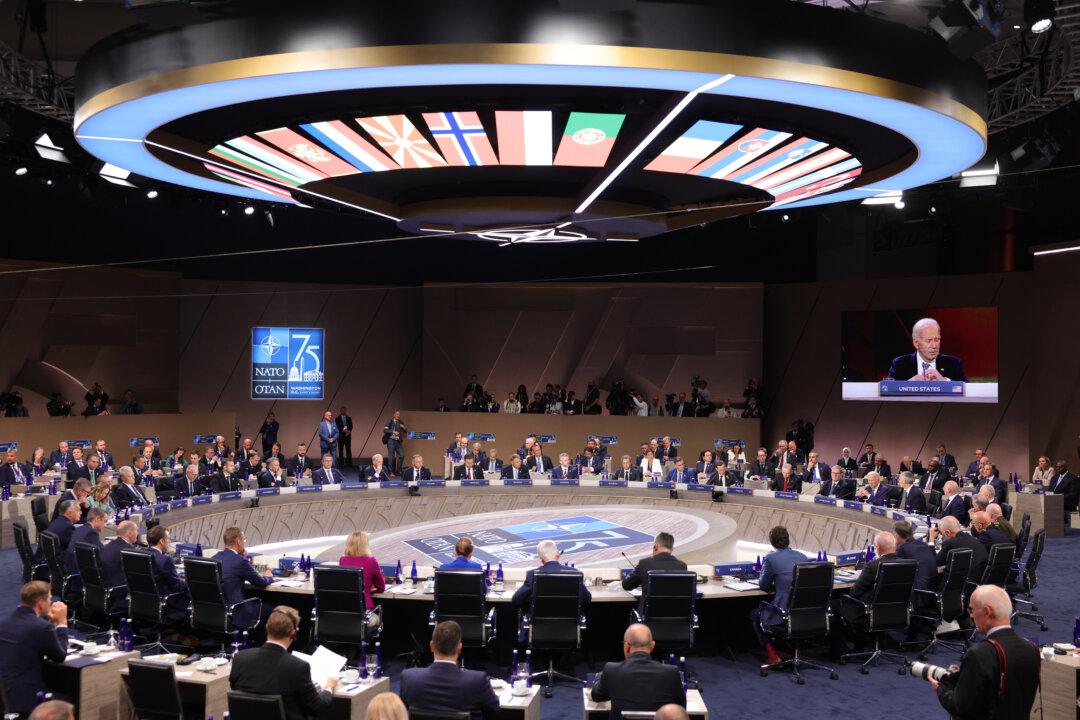Commentary
During the NATO Summit in Washington on July 10, member nations became irreversibly involved in countering communist China’s adventurism around the world by declaring and identifying Beijing as the enabler and sustainer of Russia.

During the NATO Summit in Washington on July 10, member nations became irreversibly involved in countering communist China’s adventurism around the world by declaring and identifying Beijing as the enabler and sustainer of Russia.